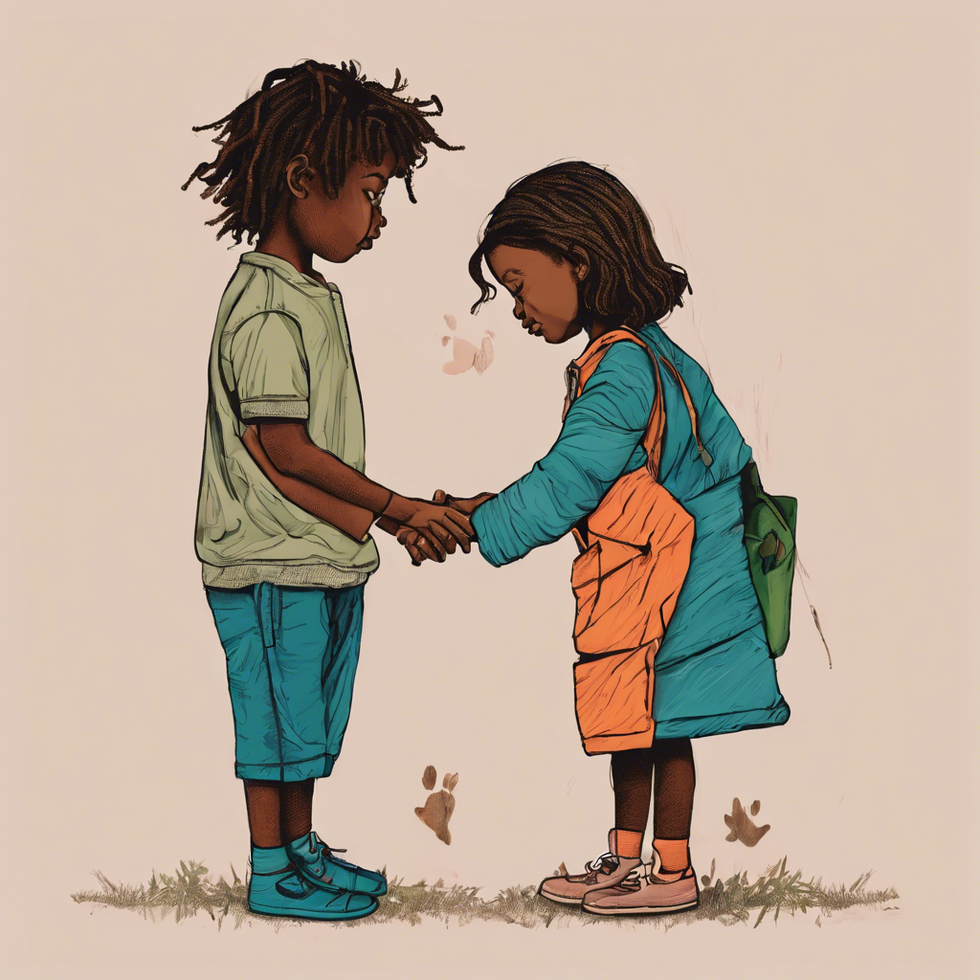I recently finished, "Asking for It," by Louise O'Neill. The Title was definitely what attracted me to it. It's a common phrase used in cases of sexual assault and rape. It was also featured on the Podcast and video series "The Banging Book Club," created by YouTubers, Hannah Witton, Leena Norms and Lucy Moon. You can find their reading list on Goodreads. There are some very interesting reads in there. Their club opens up and encourages comfortable and casual conversations on sex, sexuality and sex-related issues, especially for women. I also recommend "All the Rage" by Courtney Summers, which I read before this one.
This phrase is one heard too often in the midst of extremely unfortunate events. It suggests that victims bring violence and misfortune upon themselves. Specifically, in cases such as rape and sexual assault, it says that a victim does so by just being. According to those who utter this phrase, no victim is allowed to dress a certain way, walk a certain way, act a certain way or their misfortune is warranted.
The novel follows very popular and beautiful, Emma Donovan from a small town in Ireland that I don't think anyone really knows how to pronounce. As most of these unfortunate stories read, there's a party, drinking, some small-town boy who could do no wrong, and a victim who was apparently asking for it. Is this story like all the others? Will the Justice System finally stand up and help the victim? Maybe you should read and find out.
One thing that's really interesting with the way this particular story is written is that the author really tests your conscience. For many readers, it may be difficult to side with the obvious victim. It begs the question, does someone's personality determine whether or not they can be considered moral. In other words, will someone's character matter in order to be treated morally?
The obvious answer would be that it shouldn't matter, at least in this case. This question isn't the main, overbearing theme of this story, but for those who notice it, it's a bit jarring and thought-worthy. Would you care for someone's well-being if you disliked them? What if we changed "dislike" to "hate"? Is your answer any different? What if the character changed? What if she swapped out the popular, beautiful, eighteen year-old with a questionable character to a vile, abusive, and malicious bully? What if it was a serial killer? Would they be asking for it, then? Does the answer stay the same? Someone's character shouldn't matter. Right?
Ethical philosophers have been trying to figure out an answer to these questions for centuries. Is it the intent of actions that make them ethical? Is it the consequences? Is the repetition of good actions, or does one "good" action suffice? What makes an ethical person? Who deserves moral patiency, to be treated ethically? Philosophers like John Stuart Mill may say that sentience is the main criteria, while others like Emmanuel Kant may say that it's the ability to set ends and use rationality. Is there really one main principle that determines a person's morality?
What about the perpetrators? Do they fulfill the criterion for moral patiency? As I read this book, there was no doubt in my mind that a victim, no matter who it may be, deserves moral patiency, to be treated ethically, but I wonder how my thoughts would change if it was anyone different.
Ruminate on this question. Is anyone ever “asking for it.” Forgo the cases I’ve talked about. Think on the broader sense. Think on everyday life. Does everyone deserve moral consideration? How do you determine that? Who’s “asking for it”?




 sunrise
StableDiffusion
sunrise
StableDiffusion
 bonfire friends
StableDiffusion
bonfire friends
StableDiffusion
 sadness
StableDiffusion
sadness
StableDiffusion

 purple skies
StableDiffusion
purple skies
StableDiffusion

 true love
StableDiffusion
true love
StableDiffusion
 My Cheerleader
StableDiffusion
My Cheerleader
StableDiffusion
 womans transformation to happiness and love
StableDiffusion
womans transformation to happiness and love
StableDiffusion
 future life together of adventures
StableDiffusion
future life together of adventures
StableDiffusion













 shiny things
StableDiffusion
shiny things
StableDiffusion
 listen to your heart
StableDiffusion
listen to your heart
StableDiffusion
 face your fear
StableDiffusion
face your fear
StableDiffusion
 olympic woman
StableDiffusion
olympic woman
StableDiffusion
 Lessons of life
StableDiffusion
Lessons of life
StableDiffusion
 Woman praying
StableDiffusion
Woman praying
StableDiffusion
 Disneys Goofy
StableDiffusion
Disneys Goofy
StableDiffusion
 love
StableDiffusion
love
StableDiffusion
 you are stronger than you think
StableDiffusion
you are stronger than you think
StableDiffusion
 kindness
StableDiffusion
kindness
StableDiffusion









